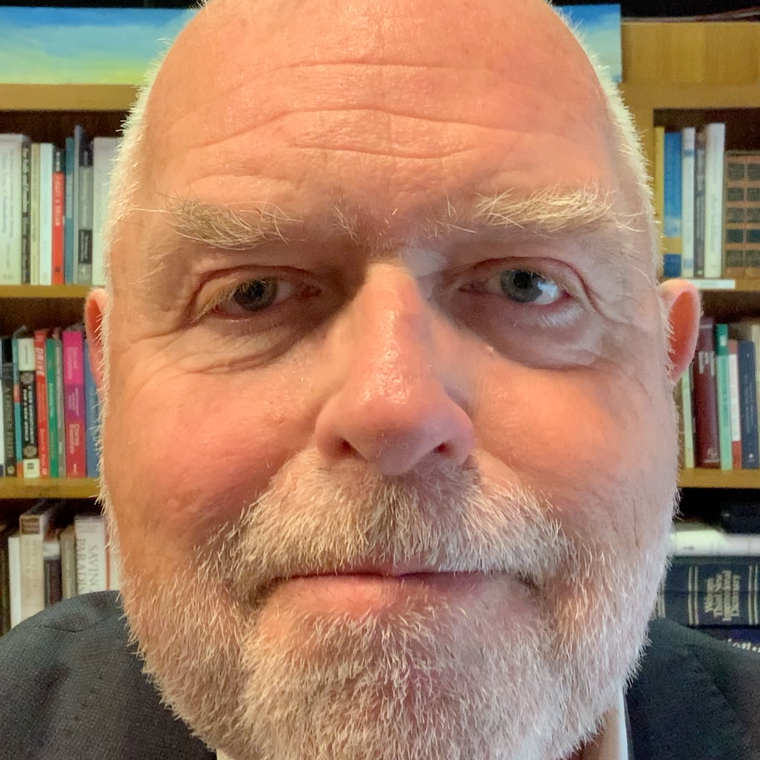
Rev. Dr. John Morehouse, Senior Minister
“… you have got to be on your side. Not against others, but for yourself.”
~ Rick Hanson[1]
 Be On Your Side. What a mind-blowing thought! At least, that was my reaction to this idea. Yet, what a commonsensical thing it is to be on one’s own side! For some, it’s an obvious and easy stance. For others, it can prove to be a hard task, especially for those whose thoughts and ideas were generally undervalued as kids. What helps in taking my side is remembering the second part of Hanson’s quote: “Not against others, but for yourself” (emphasis added).
Be On Your Side. What a mind-blowing thought! At least, that was my reaction to this idea. Yet, what a commonsensical thing it is to be on one’s own side! For some, it’s an obvious and easy stance. For others, it can prove to be a hard task, especially for those whose thoughts and ideas were generally undervalued as kids. What helps in taking my side is remembering the second part of Hanson’s quote: “Not against others, but for yourself” (emphasis added).
When someone grows up with the message that they are unworthy, or at least less worthy than their contemporaries, they might adapt the unhealthy pattern of navigating life continuously trying to spare others of the pain they experienced, and do this at their own peril. Yes, we ought to do our best to alleviate the suffering of others. But it ought not to be at our detriment.
Here are some ways we might fail to be on our side: We dismiss our accomplishments even those we arduously work on. We allow others to mistreat us without advocating on our behalves. We minimize our own pain and either don't seek relief at all or don’t seek it in a timely fashion. We are too hard on ourselves, yet are overly accommodating with others. And so on.
Being on your side simply means taking care of yourself and requiring that others do not treat you poorly. It means that you recognize that your own journey matters. It does not mean that you don’t wish others well or want good things for them; it does mean you are intentional about taking care of your individual needs. When you are for yourself, you have more to offer to the world. This idea is not unlike the instruction you might hear from a flight attendant, to put on your oxygen mask before you help another with theirs. You can only fully be there for other people, if you are first there for yourself.
As compassionate beings, we already know how to do this. We do it all the time for the folks in our lives, even for strangers. We do it in the ways we show up when others need us, such as when a child or a dear friend is in distress. To be on your side, all you have to do is be that good friend to yourself as well. Your opinion matters just as much as those of other people. And no one person’s happiness is more important than another’s.
Not more important than yours. Not more important than mine.
To end, I will once again quote Rick Hanson, “It is moral to treat people with decency, respect, compassion, and kindness. Well, “people” includes you!”[2]
Yes, indeed it does, and may you be blessed with remembering this important truth.
Many Blessings, Margalie
[1] Rick Hanson, Just One Thing: Developing a Buddha Brain One Simple Practice at a Time (Oakland, CA: New Harbinger Publications, Inc. 2011)
[2] Ibid.
